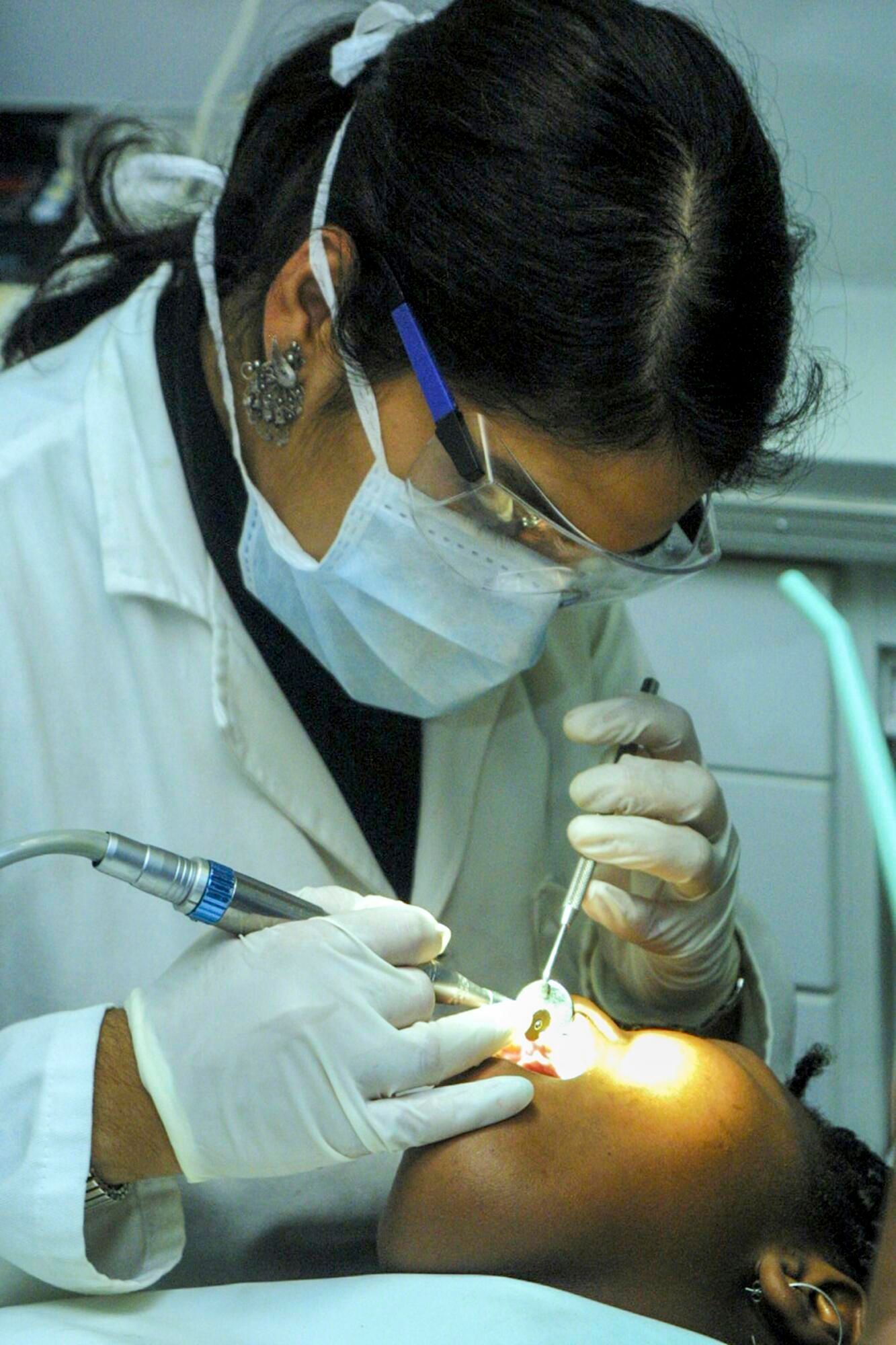Do you have a badly infected tooth that requires root canal therapy (RCT)? If so, you are not alone; RCT is one of the most common types of oral surgery. According to the American Association of Endodontists (AAE), professionals perform about 15 million RCTs yearly!
In addition to RCT, exodontia (e.g., wisdom teeth removal) and tooth implants are other typical dental surgery procedures. Done correctly, they can help improve and maintain optimal oral health and mouth functions.
However, the success of your procedure hinges not only on the expertise of your oral surgeon but also on how you prepare for the surgery.
The caring experts at TERSA Oral and Facial Surgery in Lutz, FL, have shared tips to help you prepare effectively. Read on to discover how to enjoy a smoother, more seamless oral surgery recovery.
Professional Consultation and Evaluation
The first step in preparing for oral surgical treatment is a comprehensive consultation with a board-certified oral and maxillofacial surgeon. During this step, your highly skilled surgeon will do the following.
Review Your History
To confirm that surgery is the right step, your oral surgeon will review your:
- Medical, dental, and family history
- Current medications
- Previous surgeries
Your surgeon will also ask whether you have allergies. Please let your doctor know, as allergic reactions to anesthesia are possible, albeit rare.
Perform a Thorough Physical Examination
Your oral surgeon will evaluate your oral health by examining your:
- Teeth
- Gums
- Surgical site
You may also need X-rays or scans of the treatment area, especially if this is your first visit or you have a problem that may require emergency oral surgery.
Discussion
Your oral surgeon will discuss the necessary procedure, including:
- The steps involved
- Expected outcomes
- Anesthetic options
- Potential risks
During this step, you can ask your doctor as many pertinent questions as possible. Please do not hesitate to have your surgeon address your concerns about undergoing emergency oral surgery. You can also ask about recovery timelines and post-operative care.
The exact treatment you will undergo depends on your health concerns and goals. However, your oral surgeon may recommend one or more of the following oral surgeries:
- Root Canal Treatment (RCT): To remove infected pulp and tissue inside an affected tooth
- Wisdom Tooth Extraction: To remove a problematic or impacted wisdom tooth
- Dental Implant Surgery: To replace lost teeth and tooth roots by placing dental implants into the jawbone
- Jaw Surgery (Orthognathic Surgery): To correct jaw and teeth alignment for functional or aesthetic purposes
Your individual health needs and preferences will influence the type of oral surgery and the specific preparation steps you must take. But please do not worry. You will receive comprehensive and personalized pre- and post-care instructions, provided you choose an experienced oral surgeon in Lutz, FL.
Practice Better Oral Hygiene Habits
Brushing your teeth twice and flossing once daily is vital to achieving and maintaining optimal oral hygiene. They help protect your pearly whites and gums from plaque, tartar, and germs that can cause tooth decay and gum disease.
So, they are critical to oral health, whether your teeth are in excellent shape or you are about to undergo oral and maxillofacial surgery.
Quit Smoking
Quitting smoking is one of the best ways to boost and protect your oral and overall health. After all, smoking harms almost every organ in the body.
Moreover, SmokeFree.gov explains that smoking even just a single stick of cigarette a day can already have adverse effects on the body's ability to heal wounds. It can also make tooth and gum pain worse.
For those reasons, quitting smoking can be especially beneficial for people who are about to undergo oral surgery, whether it is for tooth extraction, RCT, or dental implants. By kicking the habit, you can prepare better for the procedure and reduce your risks of post-surgery complications.
Avoid Alcohol
An article published by Medical News Today talked about how consuming alcohol before surgery can result in the following:
- Severe complications during the procedure
- Increased bleeding
- Anesthetic interference
- Post-operative complications
The same article notes that researchers advise patients to abstain from alcohol at least two to four weeks before the procedure. Abstinence can help lower the risk of surgical complications. Likewise, it is best to refrain from drinking for five to six weeks after your oral surgery.
Arrange for a Companion and Designated Driver
Anesthesia helps patients undergoing oral surgery have a more comfortable and relaxing experience. However, they can stay in the body for hours and may cause temporary side effects like:
- Confusion and drowsiness that can reduce one's ability to think clearly
- Impaired judgment and coordination
- Nausea or dizziness
All those possible side effects may impair your ability to drive safely after your oral surgeon in Lutz, FL, has successfully performed your procedure. So, for your and other road users' safety, please have a responsible adult accompany and drive you to and from the surgical facility.
Follow the Surgeon’s Instructions
Your oral surgeon will provide detailed instructions on what you must do before, during, and after the surgery. The exact steps will vary depending on the surgery, but they may include:
- Fasting, including avoiding eating or drinking for a specific period before surgery (depending on the anesthesia)
- Medication adjustments, such as temporarily stopping using medicines like blood thinners before the surgery
- Wearing comfortable clothing on the day of the treatment
- Going on a soft diet for a few days after the procedure
You may also have to take medications prescribed by your highly skilled oral surgeon in Lutz, FL, to help encourage smooth recovery. Please take these medicines as directed, especially antibiotics, which can help prevent infections at the surgical site.
Prepare for Your Oral Surgery
Consulting with a board-certified oral and maxillofacial surgeon, practicing better oral hygiene habits, and avoiding alcohol are all crucial steps and tips for preparing for oral surgery.
If you need oral surgery, whether an emergency tooth extraction, RCT, or implants, please know that TERSA Oral and Facial Surgery can help. Our doctor, Dr. Andrés E. Guerra-Andrade, has been an oral surgeon for over a decade and has served the Tampa Bay community for over seven years. Dr. Guerra-Andrade will use his expertise, skills, and specialization in dentoalveolar procedures, as well as the help of his professional dental team, to help you achieve better oral health.
Call us today to request an appointment!




